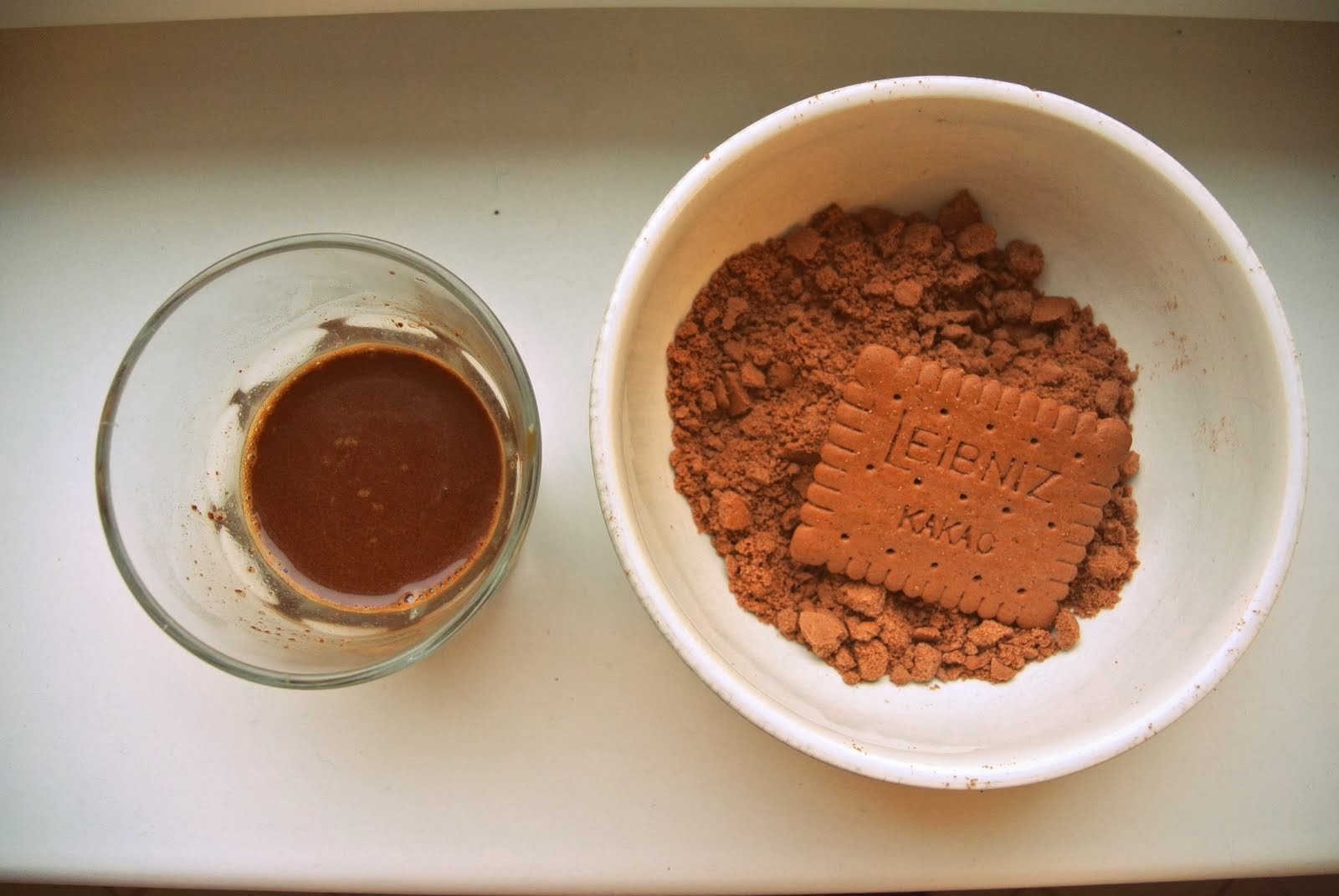As part of a group project on youth culture for university I went vegan for two weeks. On day 13 I cheated by drinking shots of Bailey's (it contains cream). The vegan experiment in itself was challenging because it was quite time-consuming to buy products that contain no animal by-products. Also, I missed cheese and butter and non-70%-chocolate.
But in itself the project wasn't life-changing. Rather, the book
Eating Animals by Jonathan Safran Foer was. I had never before really thought about the conditions the animals were kept in because they aren't treated terribly at my uncle's farm. Sure, he probably sees his animals as a business investment, but I like to believe that he enjoys working with the animals and does not torture them. The farms Foer describes have nothing to do with farming: they are factories designed to produce as much as possible in the shortest amount of time, without consideration for the pain and suffering of the animals that constitute this produce.
I also wrote about this on our eating-vegan-blog, called
Eat Your Vegetables. The articles in German are by my fellow students, and the English ones are written by yours truly. The video above is one of a few by restaurant chain Chipotle in the States, whose Food with Integrity program supports ethical approaches to farming (click
here for my post on factory farming).
Although I won't say that I am a dedicated vegetarian now, I will admit to being more conscious of what I buy and generally don't eat any meat here. In SA, that might be different because I know the animals are treated better (depending on where you buy your meat from, naturally). In general I think it is not necessary to label your own food consumption too much. Instead, I wish more people would read
Eating Animals and be more aware that as consumers they have the power: if you want to buy the cheapest produce, you should know how the animals are treated in life and in slaughter, and then reassess whether the life of another living thing is worth the few moments on your taste buds. For those of us with the means to buy whatever food we want I think this is the most important realisation: you are choosing what to eat, and thus dictating production.


























